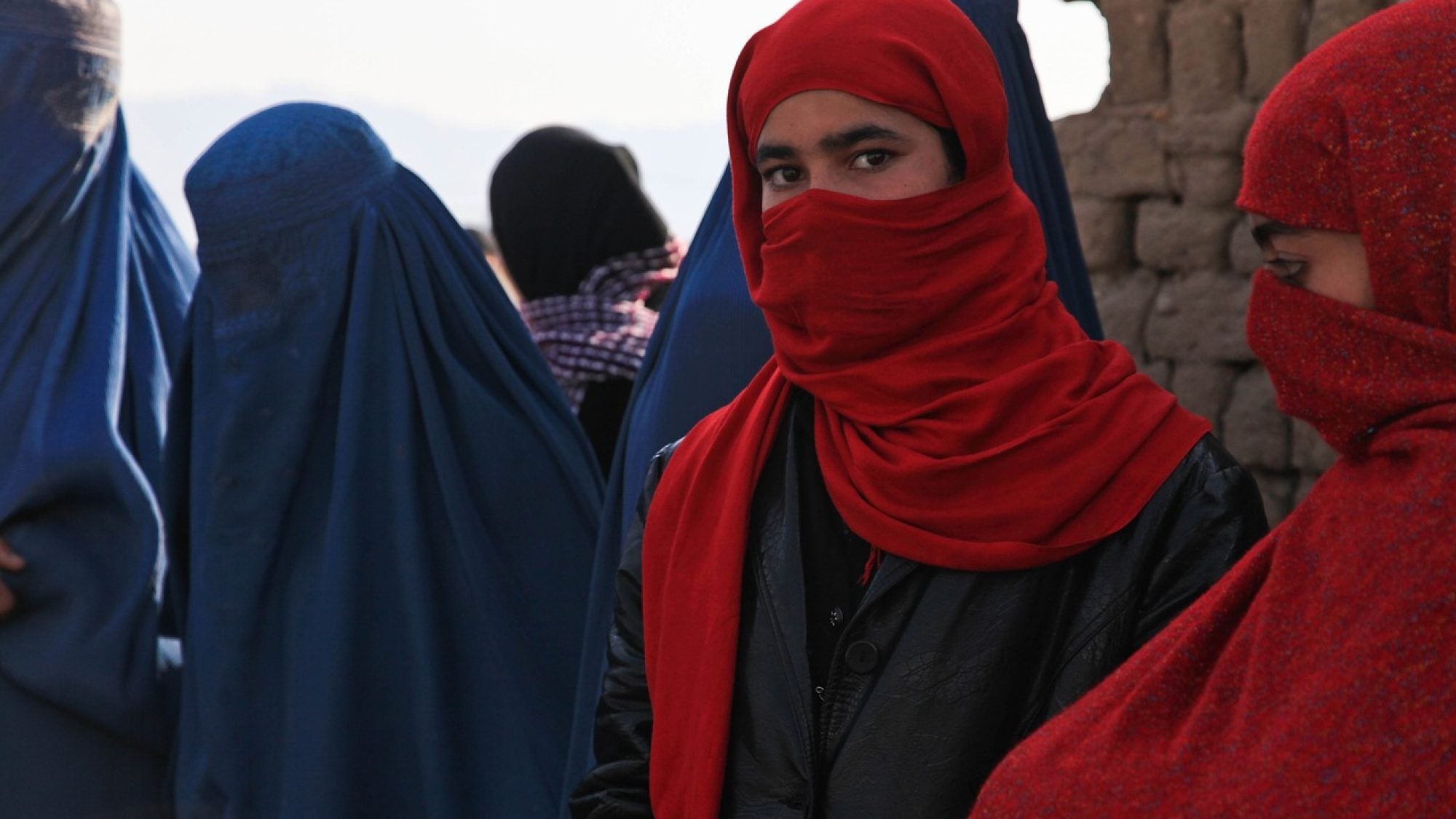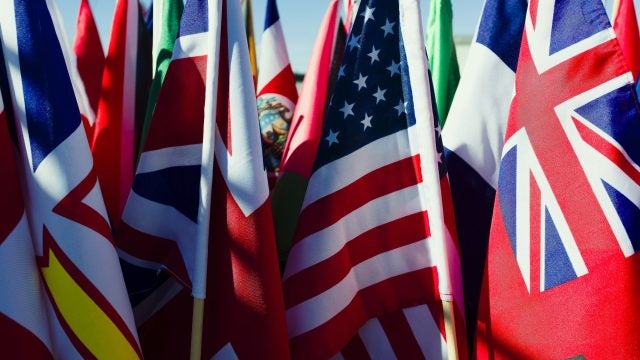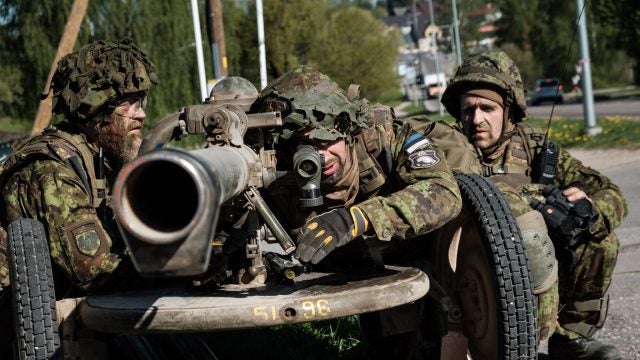
Title: Doha Conference and Perspectives on UN Peace Efforts for Afghanistan
The United Nations is scheduled to host its third meeting of international envoys to Afghanistan in Doha on June 30, 2024. This meeting aims to discuss and address significant issues to enhance active engagement with Afghanistan. This article evaluates the UN’s efforts, emphasizing the importance of inclusive governance and women’s participation in the political system. It highlights that the core components of international engagement should encompass mediation between the Taliban and its political rivals, involving consistent contact and communication to address issues and find political solutions.
Introduction
In August 2021, the Taliban took over Afghanistan’s government and formed an interim administration. However, political conflicts continued between the Taliban and opposition parties, which governed Afghanistan from 2001 to 2021. Since it forcibly seized power after the collapse of the Ashraf Ghani government, the Taliban has faced internal and international legitimacy crises. Although the Taliban attempted to normalize relations with the international community and obtain formal recognition from regional and global powers, these objectives remain unattained. Further, international organizations presently refrain from engaging constructively in domestic peacebuilding due to their classification of Afghanistan as a pariah state.
On February 18–19, 2024, Secretary-General António Guterres convened a meeting of special envoys on Afghanistan in Doha, Qatar. The conference focused on the ongoing humanitarian and human rights crises, as well as other challenges facing Afghanistan following the Taliban’s assumption of power. Representatives from Afghan civil society, women’s groups, and high-level delegations from the US, Europe, and regional countries participated in the conference. The UN invited the Taliban leadership to attend, but they declined to send a delegation. The Taliban stated that their non-participation stemmed from their disagreement with the UN’s agenda to appoint a special envoy for Afghanistan, tasked with facilitating coordination among various stakeholders and fostering dialogue with opposition parties to address differences. Consequently, the UN’s efforts to promote regional and international consensus on appointing a special envoy did not produce a favorable outcome. Nonetheless, the UN declared the meeting successful in facilitating dialogue among stakeholders to surmount obstacles, mitigating hostility among Afghan parties, and working toward resolving the country’s challenges.
Assessing the Impact of UN Peacebuilding
As an international organization, the UN can promote peace and enhance political stability in conflict-affected countries by addressing the issues between rival groups and reaching political agreements that prevent the recurrence of violence. In the past, UN peacebuilding efforts have provided a forum for multiple stakeholders to enhance peacekeeping in conflict-affected regions.
Since the former Secretary-General introduced the peace agenda, the UN has conducted numerous peace operations, including in Afghanistan. A key objective of these operations is to facilitate peaceful settlements between hostile parties. The UN’s leadership, particularly the Secretary-General, recognizes that effective conflict resolution mechanisms and sustainable peace achievement are crucial in preventing conflict recurrence post-war. This underscores the UN’s commitment to long-term peace and stability in conflict-affected regions.
Central to these efforts is the need to support institution-building and promote the rule of law in post-conflict societies. Additionally, the Security Council recognizes that building peace in divided countries is crucial for enhancing international peace and security. Examining the UN’s peacebuilding efforts, researchers and practitioners identify “five core functions: promoting coordination and coherence, supporting resource mobilization, facilitating peacebuilding strategies, serving as a knowledge hub, and advocating on behalf of peacebuilding and countries’ needs.”
The UN has successfully ended wars and found solutions in many countries, including Cambodia, El Salvador, and Sierra Leone. However, UN peace efforts have failed to resolve the conflict between rival groups in Afghanistan and achieve a political solution over the last four decades. Even after the Soviet Union withdrew from Afghanistan in 1988, UN efforts did not work. Nonetheless, drawing lessons from the shortcomings of previous UN peace initiatives, the organization has a compelling imperative to capitalize on forthcoming opportunities to advance peace talks between the Taliban and opposition factions toward a political resolution. The UN can play a crucial role in leading peace initiatives and gaining support from regional stakeholders to develop a global agreement that counters conflict parties’ entrenched enmity. This can include outlining mechanisms for power-sharing and transfer and preventing the escalation into civil war.
The UN’s Role in Conflict Resolution in Afghanistan
In December 2023, the UN Security Council passed “Resolution 2721,” requesting that the Secretary-General appoint a Special Envoy for Afghanistan. This process aims to improve peace within Afghanistan and its neighboring countries while actively reintegrating with the international community. The resolution also emphasizes the importance of Afghan women’s equal, meaningful, and safe participation in positively changing Afghanistan. Therefore, to discuss the possibility of finding political solutions for Afghanistan’s problems, the UN will hold a third meeting from June 30 to July 1, 2024, in Doha, Qatar. If the UN appoints a Special Envoy for Afghanistan, it will be an essential step toward conflict resolution and improving peace-building efforts.
Since 2021, the UN has refused to grant legitimacy to the Taliban de facto administration, recognizing them as the illegitimate government of Afghanistan. Other countries worldwide have followed the same policy on Afghanistan and have not established formal diplomatic relations. Some countries in the region, including China, Russia, and Iran, have been improving their economic and security interactions with the Taliban government. Still, these countries have yet to fully recognize the government.
Appointing a special envoy for Afghanistan can create a new environment and opportunity for the UN and international powers to work together. This collaboration could lead to the implementation of new policies toward Afghanistan and help to reconcile the differences between the Taliban’s de facto government and opposition parties, ultimately bringing an end to the conflict. The primary responsibility of the special envoy for Afghanistan is to engage with regional countries and international actors, providing a roadmap for conflict resolution in Afghanistan. Without the intervention of the UN, disputes may re-emerge in fragile states with deep divisions within their societies.
Conclusion
To comprehensively tackle the complex challenges in Afghanistan, robust international engagement under UN leadership is crucial. Without this engagement, the prospects for resolving internal conflicts and achieving lasting peace are minimal. Critical aspects of international involvement should include mediation between the Taliban and its political adversaries, promoting dialogue, and seeking political solutions.
The UN’s ongoing efforts in Afghanistan, with the upcoming meeting scheduled for June 2024 in Doha, Qatar, hold promise for resolving differences between the Taliban de facto authority and opposition parties. To succeed in these efforts, all stakeholders, including women activists, civil society organizations, the Taliban group, and political parties, must participate inclusively. The upcoming UN conference may only achieve meaningful outcomes with such inclusivity. This approach is essential for fostering dialogue, resolving disputes, and achieving sustainable peace. Resolution 2721 underscores the importance of appointing a Special Envoy to facilitate dialogue and political resolutions.
The UN’s active involvement is indispensable for Afghanistan’s peace efforts and conflict resolution. Therefore, the UN must appoint a Special Envoy for Afghanistan and outline a new Agenda for Peace, as mandated by Resolution 2721. This agenda should prioritize reconciliation, respect for human rights, political inclusiveness, and national unity to advance peace in Afghanistan. Excluding women from public life and denying their political rights are forms of structural violence that hinder sustainable peace. Women’s participation in Afghan politics is crucial for social and economic development, requiring sustained commitment from the UN and international partners. UN mediation is essential for preventing disputes among hostile groups and finding political solutions in Afghanistan.
. . .
Mohammad Dawood Qayomi is a researcher at Laurentian University, currently completing his PhD dissertation in Human Studies and Interdisciplinary research, focusing on peace and conflict resolution. Before his academic pursuits, Dawood Qayomi held several diplomatic positions, including serving as the Acting Ambassador and Chargé d’affaires of the Embassy of Afghanistan in Ottawa, Canada. He also served as the Deputy and Acting Director General of the Center for Strategic Studies at the Ministry of Foreign Affairs of Afghanistan. Additionally, Dawood Qayomi contributed to academia by teaching Political Science and International Relations at the University of Afghanistan in Kabul. Email: mqayomi@laurentian.ca
Image Credit: Pixabay.
Recommended Articles

On May 20, 2025, the World Health Assembly unanimously adopted the World Health Organization (WHO) Pandemic Agreement, an international treaty designed to strengthen pandemic prevention, preparedness, and…

As the Trump administration proposes a sweeping overhaul of the US foreign assistance architecture by dismantling USAID, the Millennium Challenge Corporation (MCC), and restructuring the State Department, there is an…

The Trump administration’s abandonment of allies and embrace of Putin’s Russia has raised pressing questions about whether Estonia, Latvia, and Lithuania can continue to rely on NATO for…